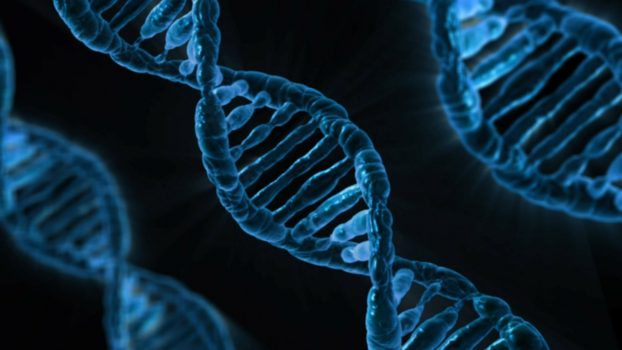When scientists scour the genome for disease-causing culprits, they wouldn’t ordinarily look in so-called noncoding regions, areas of repetitive DNA that do not code for proteins. Yet, that’s exactly where Johns Hopkins scientists found genomic variations in a new study of people with heart failure.
Marios Arvanitis, M.D., a postdoctoral cardiology fellow at the Johns Hopkins University School of Medicine, and the study’s first author, completed a meta-analysis of data from more than 400,000 people and discovered variations in a noncoding region of chromosome 1 that were associated with the development of clinical heart failure. He confirmed the finding in another group of more than 1 million study participants.
The research is reported in the Feb. 28, 2020, issue of the journal Nature Communications.
The scientists’ next challenge was to uncover the function of the DNA in the noncoding region where the variations were found. “This area of the genome is probably involved in regulating how genes are turned on and off, but we wanted to know which gene the code controlled,” says Alexis Battle, Ph.D., associate professor of biomedical engineering and computer science at The Johns Hopkins University and senior author of the study.
To determine the noncoding region’s function, the scientists made a 3D model of developing human cardiac cells and used computer algorithms to determine the DNA’s structure within the cells. They found that the noncoding region folds up and ‘touches’ a nearby gene called ACTN2, which makes a protein important for the structure of cardiac cells.
Then, the investigators used the CRISPR gene-cutting tool to remove the noncoding region on chromosome 1 in lab grown cardiac cells and found that gene expression of ACTN2 drops by 47% and no other genes in that region were disrupted.
“This is a strong example of a connection between noncoding and coding regions of the genome,” says Battle. “While the variations occur in a relatively small percentage of people with heart failure, our findings may point to a genetic pathway for which a treatment can be developed — not only for people with the gene variant, but perhaps others with heart failure.”

